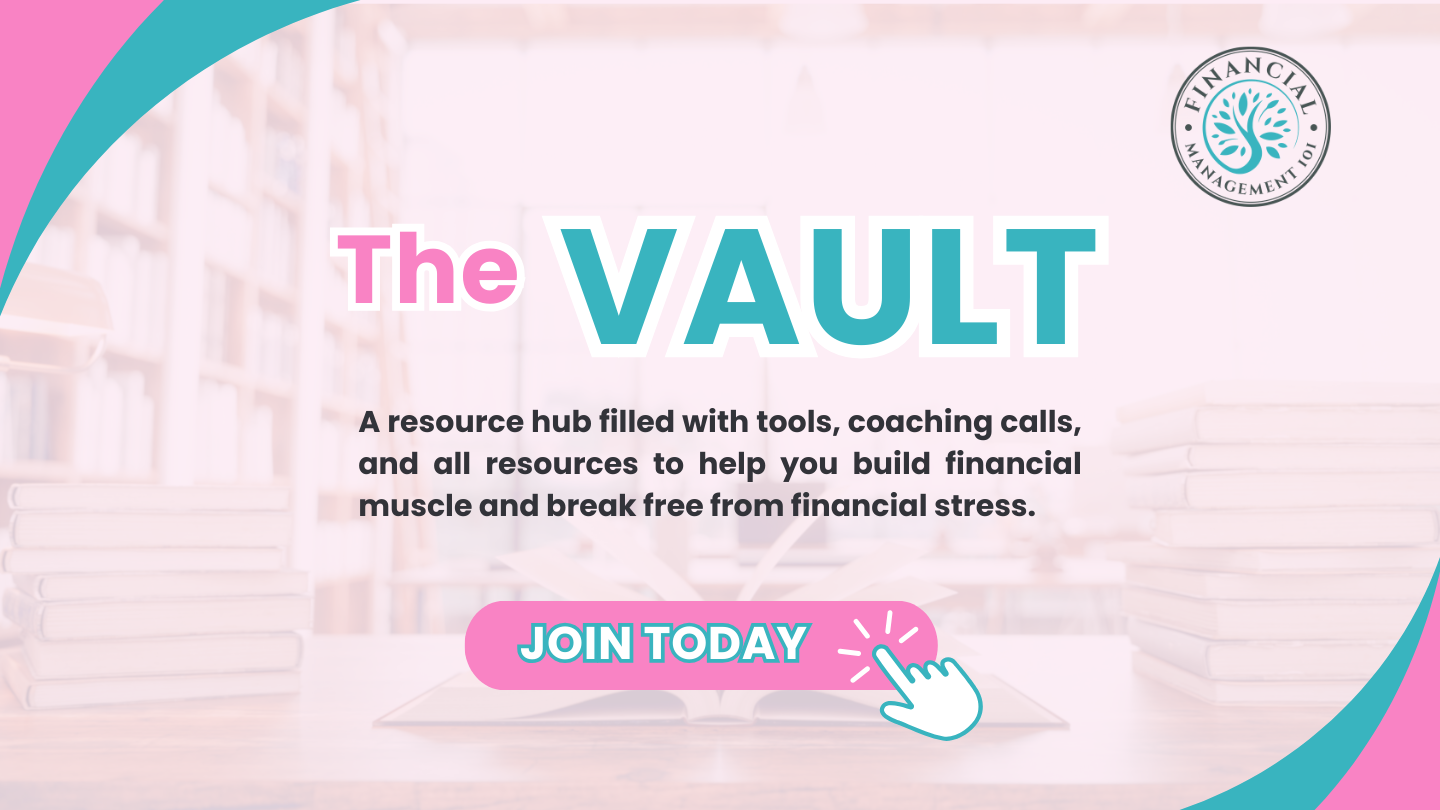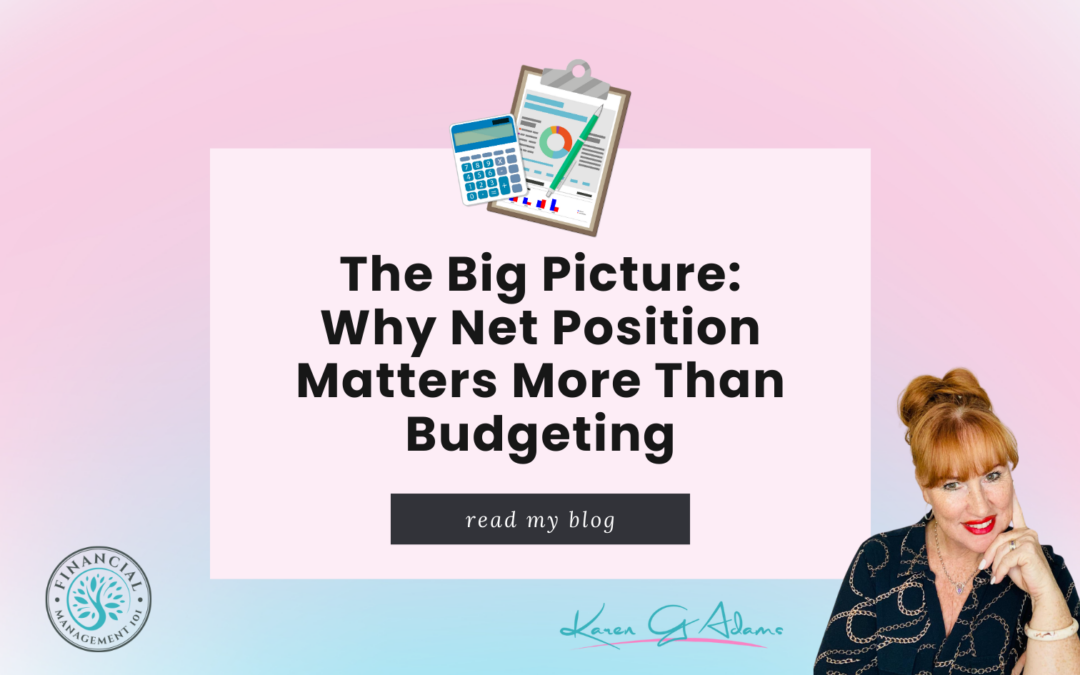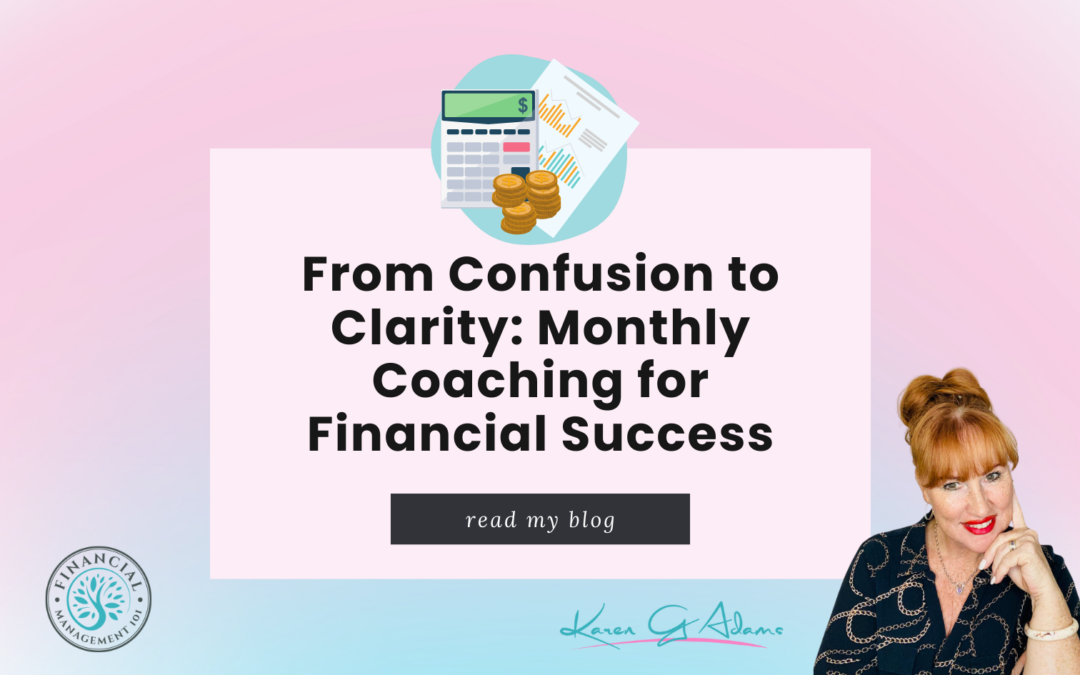
Why Every Small Business Owner Needs a Financial Coach in Their Corner
Running a small business is no joke. You wear all the hats – CEO, marketer, customer service rep, bookkeeper, and sometimes even janitor. The freedom and flexibility of entrepreneurship are amazing, but let’s be real: it can also feel like you’re juggling flaming swords while riding a unicycle on a tightrope. And when it comes to managing money? That tightrope can feel extra wobbly.
Enter the financial coach.
While accountants and bookkeepers keep track of the numbers, a financial coach helps you understand what those numbers mean for your goals, mindset, and long-term business strategy. They’re not just here to look at your past, they’re here to help you shape your future.
Let’s break down exactly why working with a financial coach can be a total game-changer for small business owners.
1. Clarity is Power
So many business owners hustle day in and day out without a clear picture of where their money is going or how much they’re really making. A financial coach helps you:
- Understand your cash flow
- Track your expenses
- Price your products/services strategically
- Set income goals that align with your vision
When you know your numbers, you can make smarter decisions with more confidence. No more crossing your fingers and hoping there’s enough to cover next month.

2. Mindset Matters More Than You Think
Money mindset is one of the most overlooked aspects of running a business. If you’ve got a hidden belief that you’re not “good with money” or that it’s wrong to want to be profitable, it will impact your business.
A financial coach helps you identify and rewrite those limiting beliefs so you can:
- Raise your prices without guilt
- Pay yourself consistently
- Invest in growth with confidence
- Stop playing small with your money goals
You don’t just need spreadsheets – you need support for the emotional and psychological side of money, too.
3. From Reactive to Proactive
Too many small business owners operate in reaction mode: paying bills as they come, scrambling during tax season, and constantly putting out financial fires. A financial coach helps you shift from reactive to proactive.
That means:
- Planning for taxes year-round
- Setting aside money for slow seasons
- Creating a strategy to build consistent income
- Mapping out your financial goals and the steps to get there
This isn’t just about staying afloat. It’s about building a solid, scalable foundation that supports long-term success.
4. Ditch the DIY Trap
There’s a lot of pressure on small business owners to figure everything out themselves. Google, YouTube, and online courses can only take you so far. But just like you wouldn’t expect your clients to solve all their problems without your help, you shouldn’t expect yourself to master business finances without support.
A financial coach gives you:
- Accountability
- Expert insights tailored to your business
- A safe space to ask the “dumb” questions (spoiler alert: they’re never dumb)
- A partner who’s as invested in your success as you are
5. You Deserve to be Paid Well for Your Work
Too many small business owners put themselves last on the payroll. They reinvest everything back into the business, believing that one day, it will all pay off. But guess what? You don’t have to wait to be profitable.
A financial coach helps you:
- Create a plan to pay yourself regularly
- Separate personal and business finances
- Build profitability into your pricing and systems
- Stop undercharging and undervaluing your genius
Because you didn’t start your business to just survive. You started it to thrive.

6. Create a Business That Supports Your Life
Your business is a part of your life – not the other way around. A great financial coach will always bring the focus back to what you want:
- More time with your family?
- Travel?
- Buying a home?
- Debt freedom?
Whatever your version of success looks like, your financial plan should support it. A coach helps you design a business model and money strategy that aligns with your lifestyle goals.
Final Thoughts: Your Business Deserves a Financial Wingwoman (or Wingman)
You don’t have to have it all figured out. You just need the right support.
A financial coach isn’t just for people who are struggling. It’s for anyone who wants to grow with intention, take control of their finances, and build a business that actually feels good to run.
At Financial Management 101, that’s exactly what we’re here for. Whether you join our Monthly Coaching program and unlock The Vault, or dive deep into transformation through The EDGE, you’ll get the tools, clarity, and mindset shifts you need to run your business with confidence.
Let’s build your business into the financial success story it’s meant to be – one intentional step at a time.
Introducing THE EDGE. This 2-Hour Power Session is a fast-paced, simplified version of my full 6-week coaching program for self employed business owners. Click the image below to know more about what you’ll be learning in this power session.





















